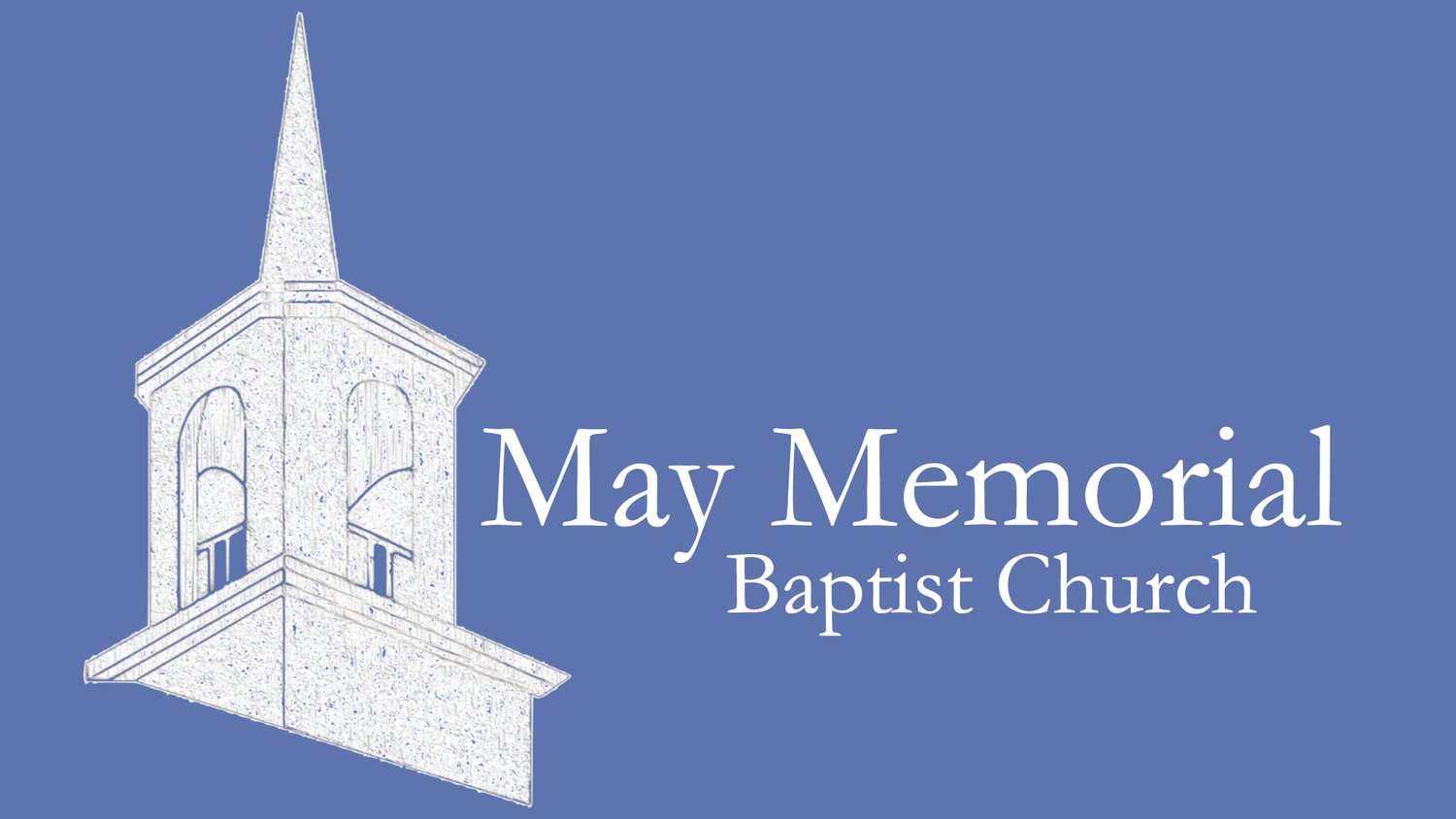Keep Christ in Easter?
I really tried to do it this year but I was not very successful. Several months ago I decided that this year I was not going to call our Christian religious celebration of Resurrection “easter,” but I found it too difficult and on several occasions ended up using the “E” word. I failed for a couple of reasons, the first of which was the strange looks I would get when I referred to April 4 as “Resurrection Sunday.” Pragmatism was another reason that my resolution failed. “fill out this form to give a lily on ‘Resurrection Day’” is just not as clear of an announcement as “Easter Lilies for the Sanctuary.”
It was around the second century when Christians made the decision to join the celebration of Christ’s resurrection with the culture around them. Our word Easter comes from the Anglo-Saxon word Eostre, the name for the Germanic pagan goddess of springtime which was celebrated as winter passed and the earth warmed. I’m not sure if it was an evangelistic purpose or that the culture became so overwhelming that the Church decided to accept the name of a pagan deity for its resurrection festival, but it stuck. Today Easter is a cultural holiday which brings in the fertility symbols of eggs and bunnies and it seems that we fail to ask what these fun names and practices have to do with resurrection. Along with the springtime “birds and bees,” our culture is flooded by symbols of natural birth and reproduction, all of which are natural and joyful, but they have nothing to do with resurrection.
Eggs and fertility and flowers and rabbits (and people) reproducing are natural occurrences. The weather warms and sap rises in trees and everything seems to come to life. As wonderful and beautiful as it all is, it is all natural. All of these occurrences make sense. They can be explained by tried and proved methods and we understand. These things can be tested and measured and repeated. Resurrection, on the other hand, is totally unnatural. You can’t Google resurrection and get a scientific explanation. A body goes into a tomb and it is there to stay. Death is final, complete, the end.
And yet this Sunday people around the world will flock to the Church to celebrate an unnatural occurrence. Resurrection is not natural; it is not tested and provable. Resurrection is not Eostre.
With only a week left, I offer a last-minute invitation. This Sunday, celebrate Resurrection Day. Make a distinction between the fertility celebration happening all around us and be willing to point out that we are celebrating something different. I am always amazed at the number of protests and the amount of anger around the trend to leave “Merry Christmas” for the more acceptable “happy holidays.” Christian’s voices are so loud with the insistence to “keep Christ in Christmas,” and yet when we come to our Resurrection celebration we so easily take the cultures pagan term. To some it is just a word, but maybe a slight shift with this word would help us remember that what we celebrate is un-natural, incomprehensible, and life changing. What we celebrate is the last word, the final word, even in the face of death, and that word is resurrection.
Happy Resurrection Day!
